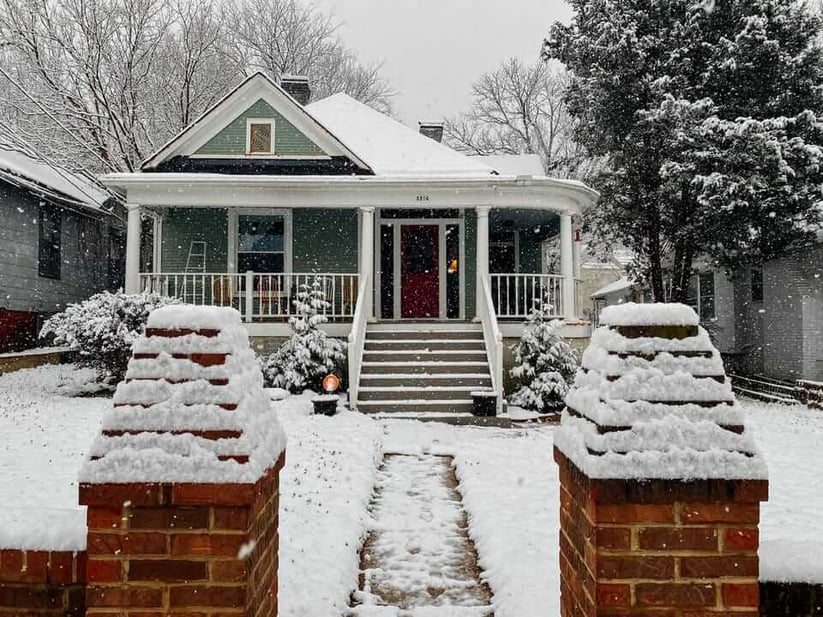
Snow can be beautiful and exciting, but not if it’s wreaking havoc on your home and roof. A heavy snow can be detrimental to your home in several ways, so it’s important that you know some of the potential dangers to expect.
Weight of snow
Too much snow–or excess weight from anything–can cause your roof to weaken or leak. In extreme cases, your roof could even collapse due to the weight. Your roof can hold about 20 pounds per square foot of snow before it becomes stressed and at risk of damage or collapse.
Fresh snow is lighter, so your roof can withstand up to 4 feet of new snow before experiencing stress. Packed snow is denser and you shouldn’t allow more than 2 feet of packed snow to accumulate. You can remove snow from the edge of your roof using a snow rake, which will lessen the weight on your roof and help prevent ice dams.
proper Ventilation
Attic ventilation is important for regulating your home’s temperature. When snow builds up on your roof, it often blocks important air vents that allow your attic and home to circulate air. Without proper ventilation, your home can develop ice dams and moisture buildup. Ice dams can lead to extensive water damage, while excessive moisture can cause mold in your attic. Both can be a hazard to your health and your home’s wellbeing.
Check for Leaks
Accumulation of snow and ice can cause cracks that allow water to seep into your home. This may result in water damage and even make the cracks expand if the water freezes again after making its way into the cracks. Setting up proper drainage for your home can help prevent leaks in winter. In addition, be sure to seal any cracks that are found before a winter storm hits.
Avoid Tracked-In Water
In addition to the risks on the exterior of your home, you should also be aware of interior risks. While it may seem mostly harmless, tracking snow into your home can speed up the wear and tear of your flooring. If you live in an area with frequent snow, be sure to set up a space designated for snow-covered clothes and shoes. Not only will this prevent a mess that you have to constantly clean, it will save your floors from unnecessary damage.
Winter can be hard on your home, but being aware of the potential damage is one of the best ways to prepare for the season. If you live in an area that frequently sees heavy snows, knowing your home’s weaknesses and vulnerabilities is important. For more tips on preparing for colder weather and keeping your home protected, subscribe to our blog!


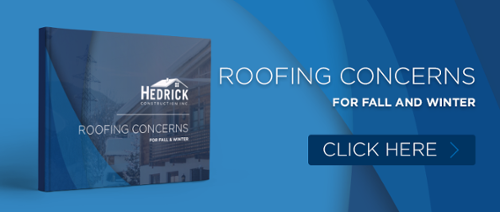

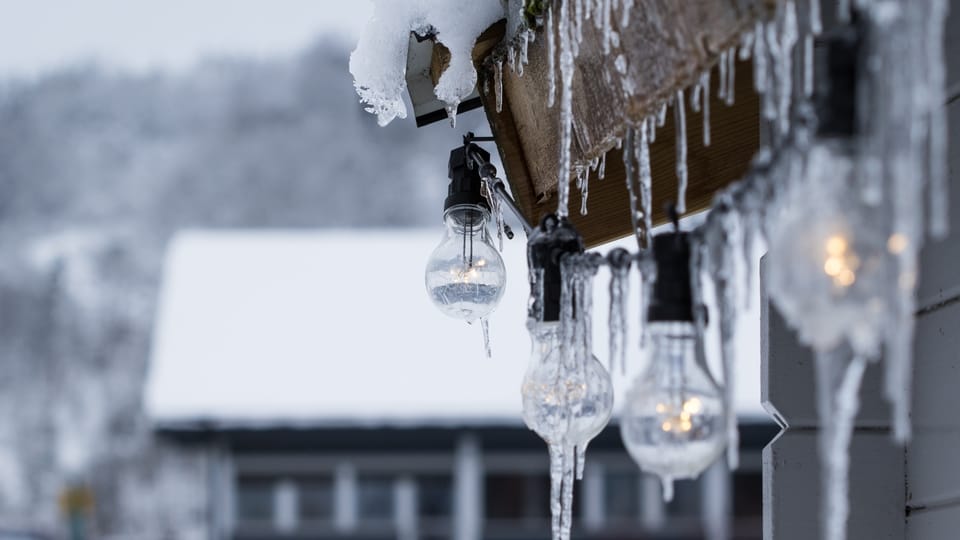
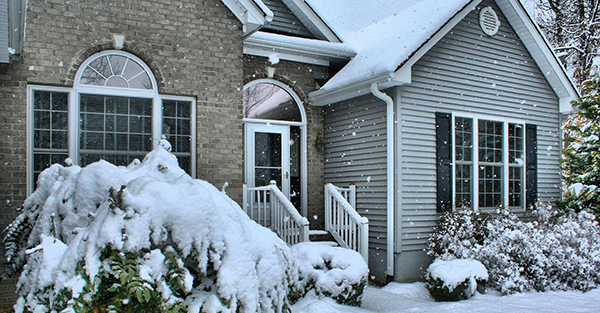
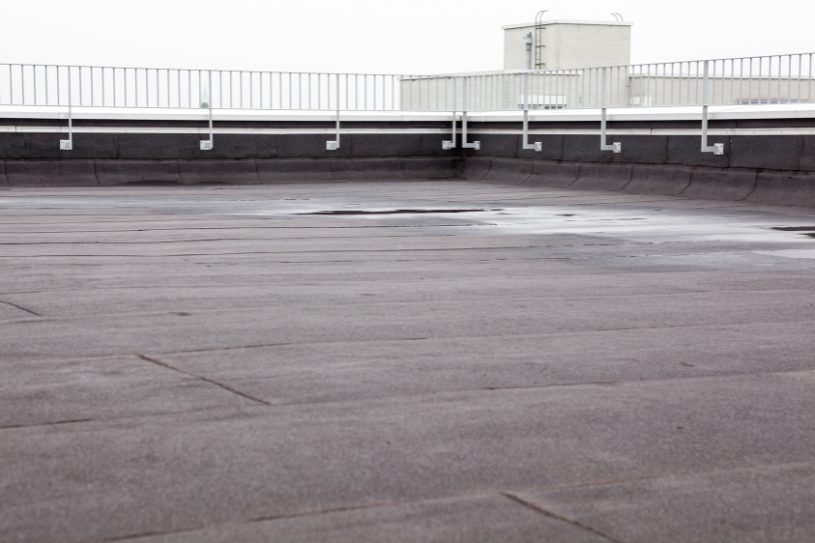
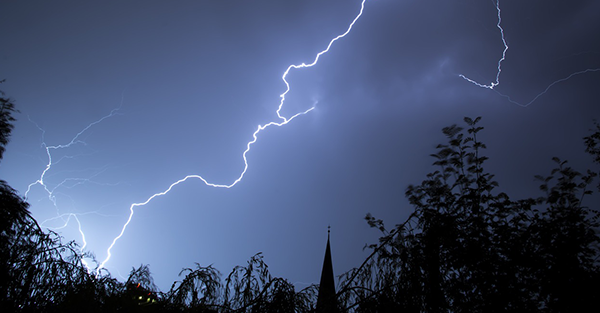

Comments